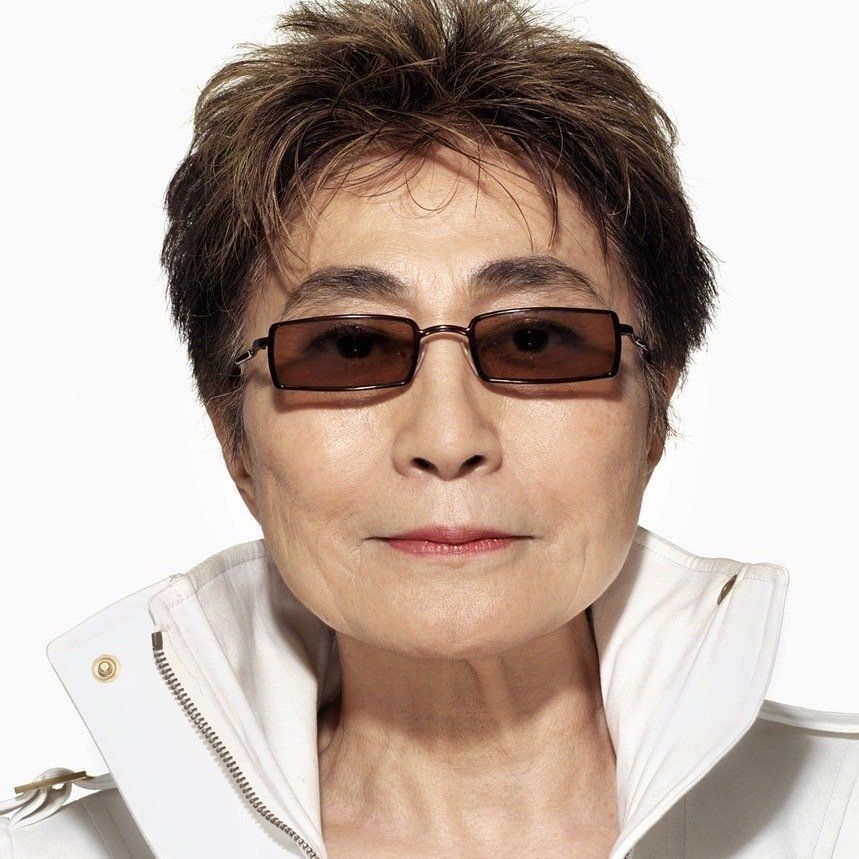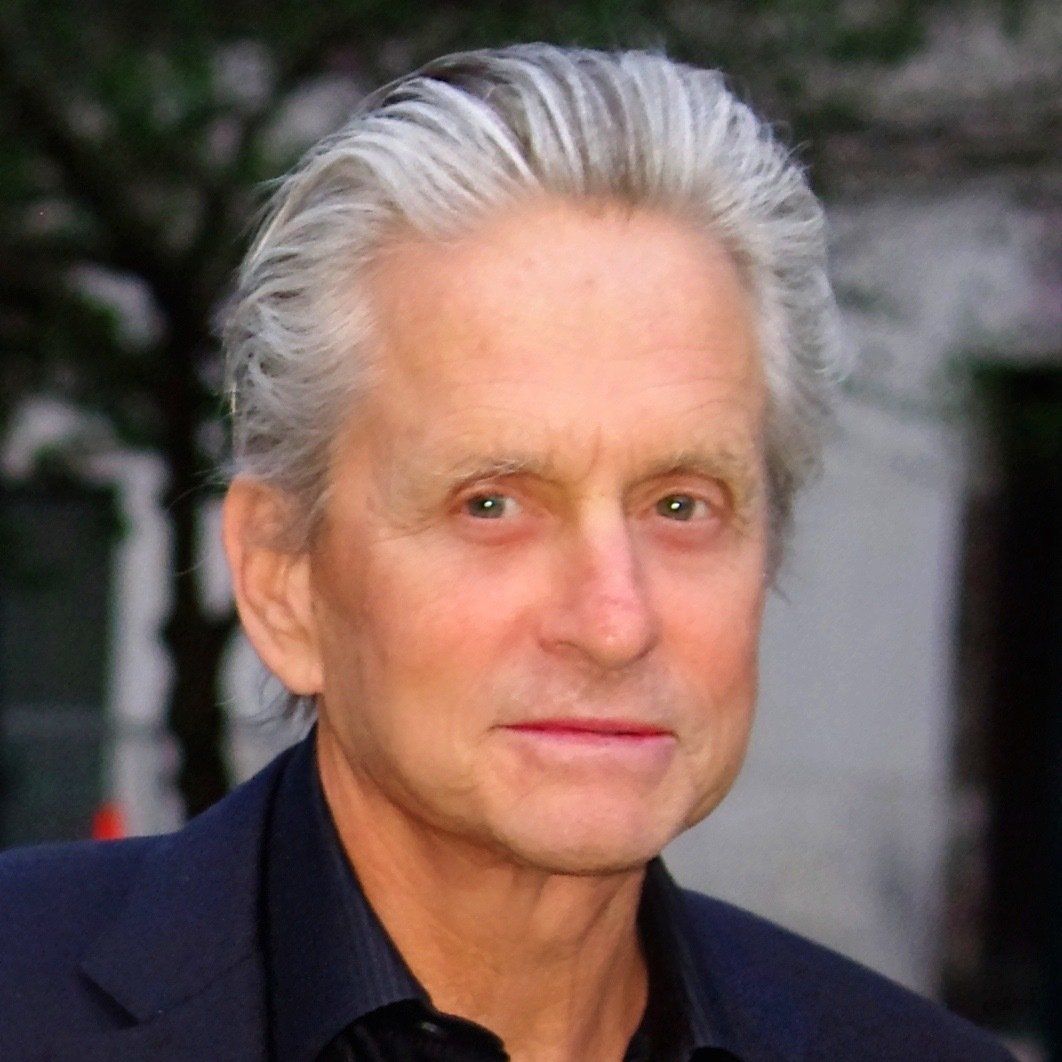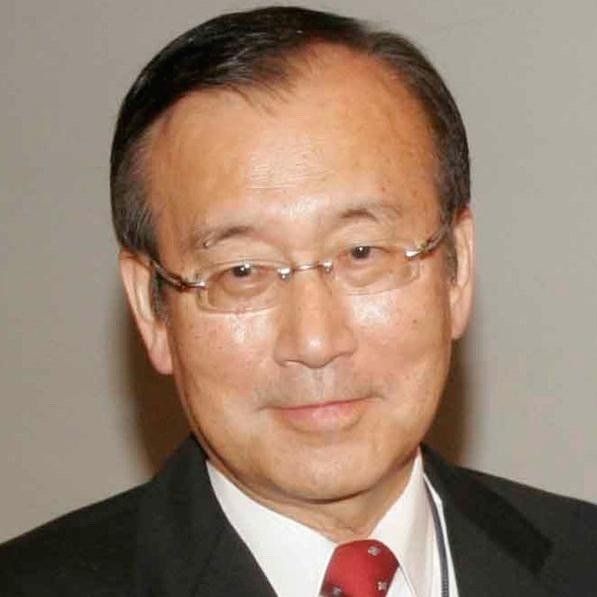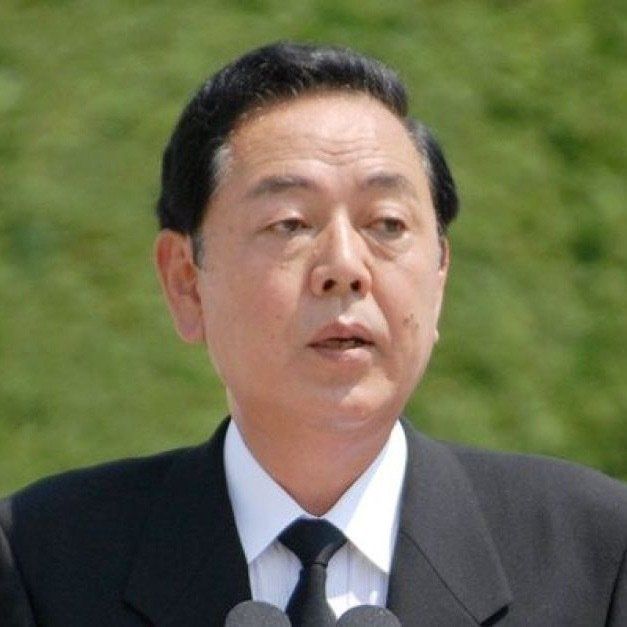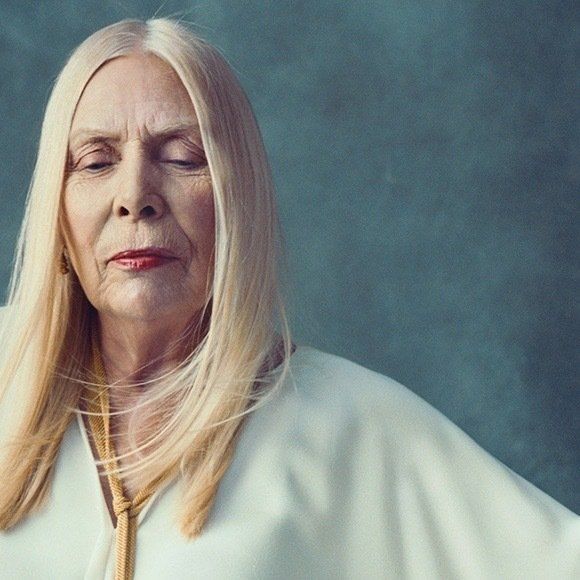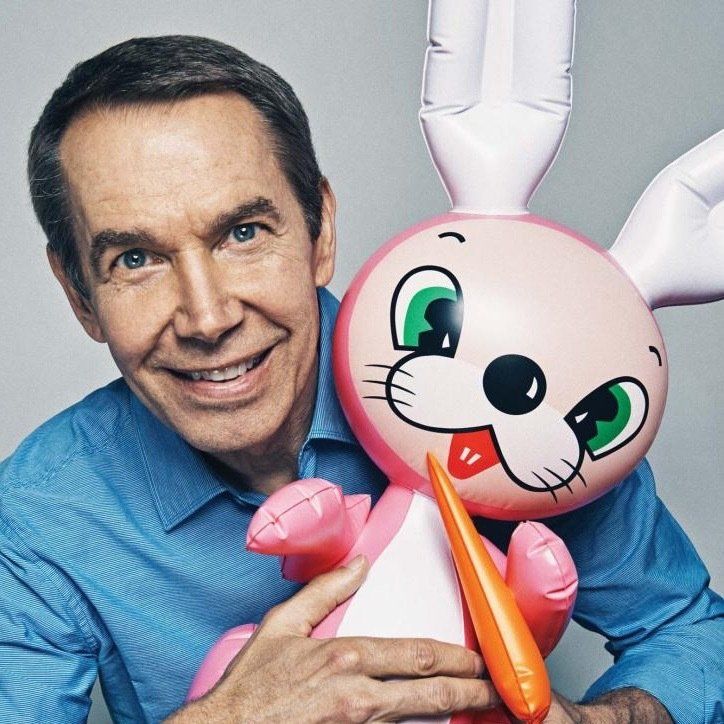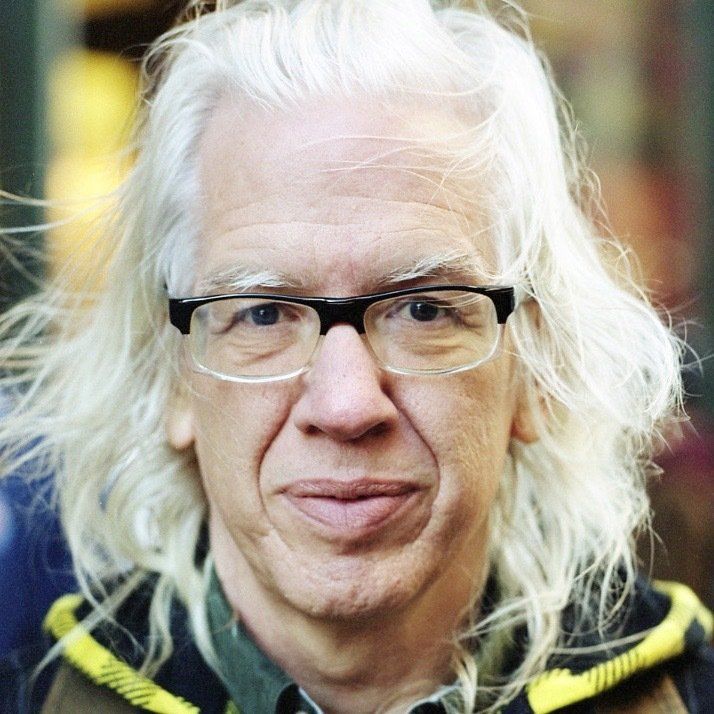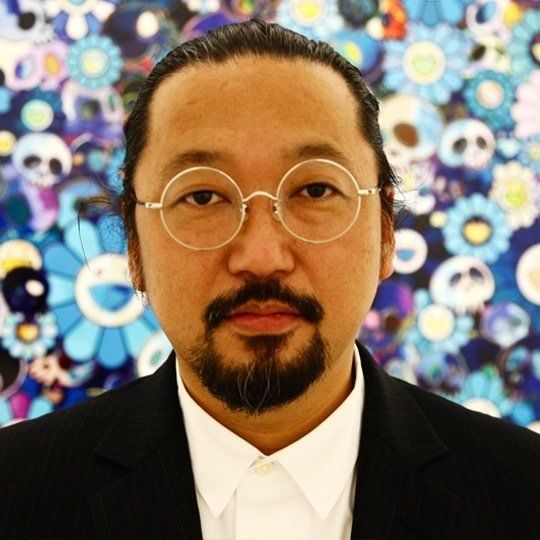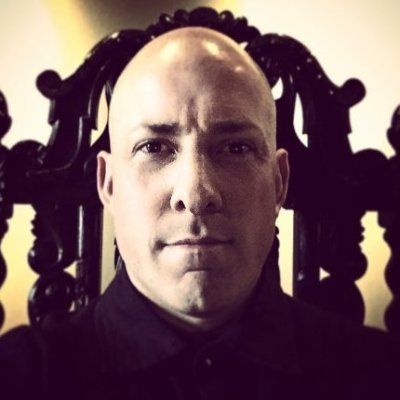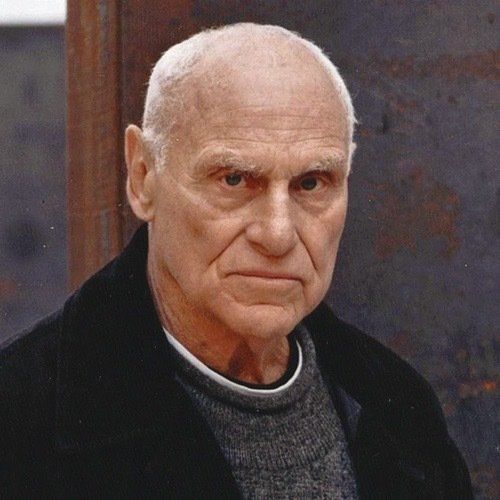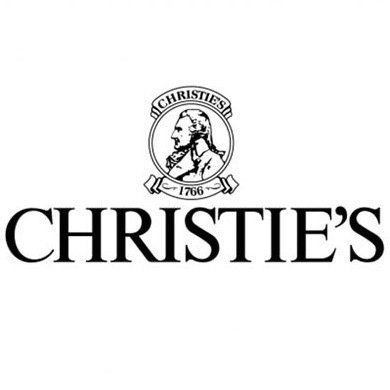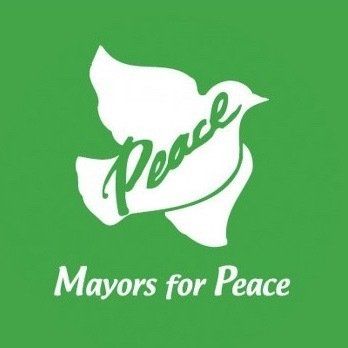BACK TO THE GARDEN
BACK TO THE GARDEN
TO THE
GARDEN
BACK TO THE GARDEN
GARDEN
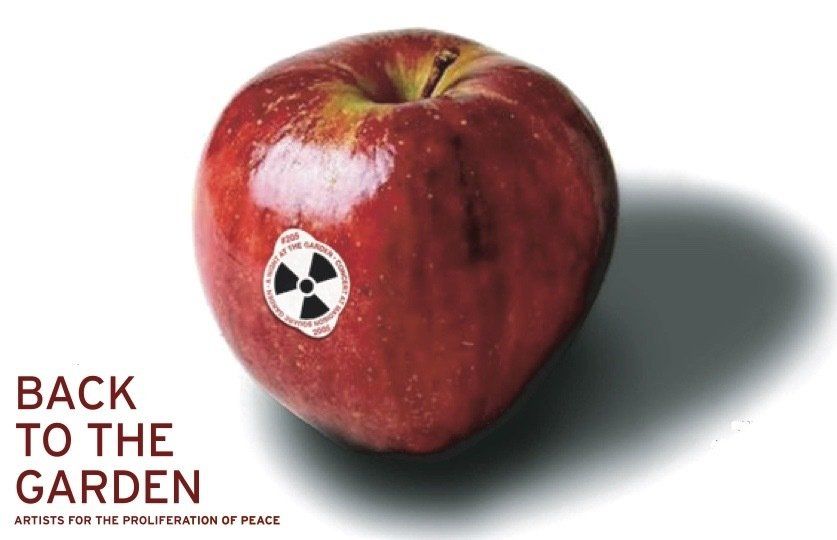
Slide title
Write your caption hereButton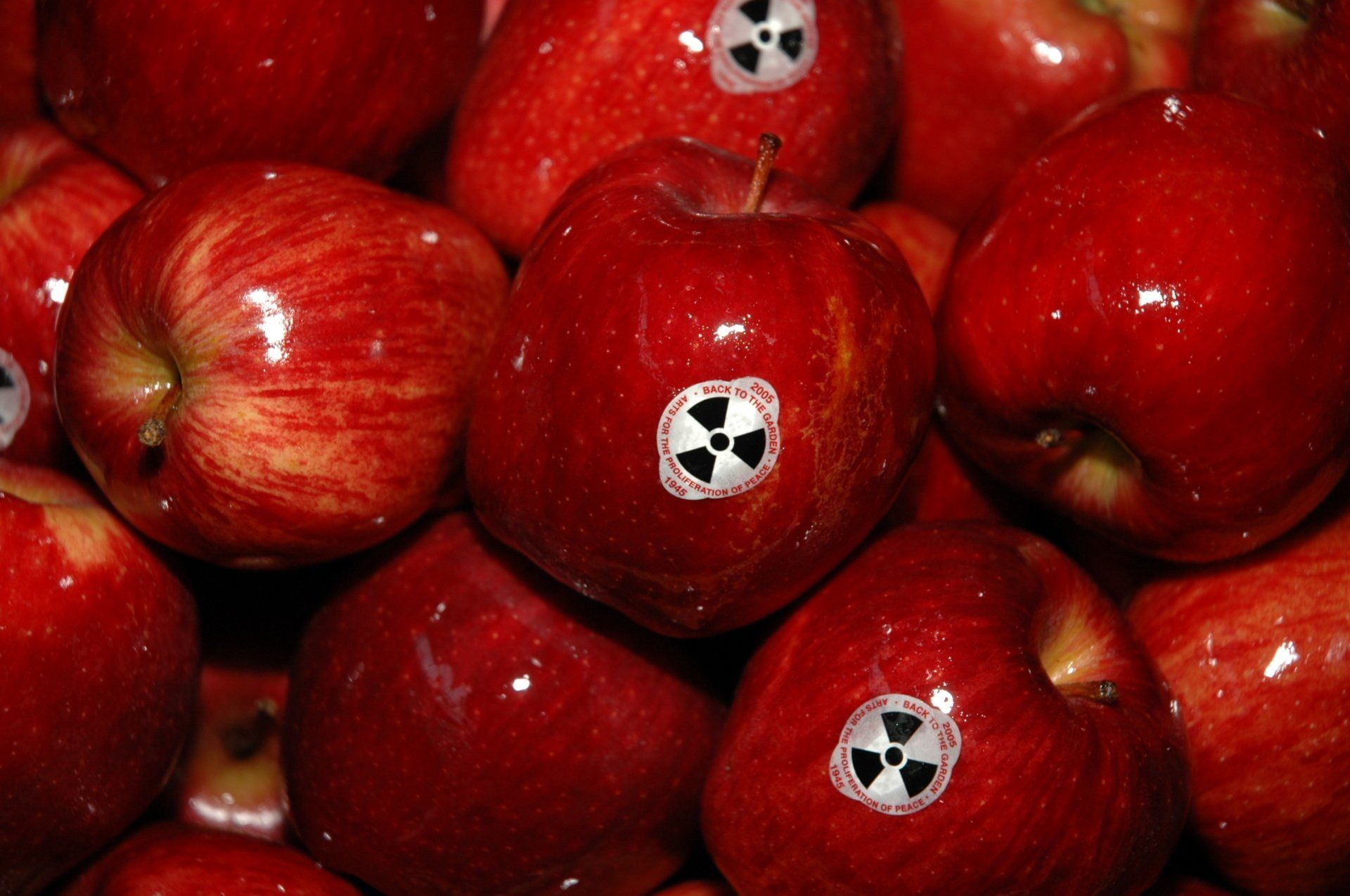
Slide title
Write your caption hereButton
ABOUT
The Back to the Garden Initiative was a multi-faceted nuclear non-proliferation campaign in 2005, commemorating the 60th Anniversary of the atomic bombing of Hiroshima and Nagasaki. The campaign was held in coordination with the United Nations who were hosting the Non-Proliferation Treaty Review Conference for their 193 Member Nations. The initiative was hosted by Tadatoshi Akiba, the Mayor of Hiroshima and the President of Mayors for Peace, which represents over 7,800 Mayors around the world from 163 countries. The Back to the Garden Initiative raised funds and awareness for Nihon Hidankyo, the organizations that represents the “Hibakusha,” the living witnesses/survivors of the 1945 Atomic bombings.

Slide title
Write your caption hereButton
Slide title
Write your caption hereButton
ABOUT
The Back to the Garden Initiative was a multi-faceted nuclear non-proliferation campaign in 2005, commemorating the 60th Anniversary of the atomic bombing of Hiroshima and Nagasaki. The campaign was held in coordination with the United Nations who were hosting the Non-Proliferation Treaty Review Conference for their 193 Member Nations. The initiative was hosted by Tadatoshi Akiba, the Mayor of Hiroshima and the President of Mayors for Peace, which represents over 7,800 Mayors around the world from 163 countries. The Back to the Garden Initiative raised funds and awareness for Nihon Hidankyo, the organizations that represents the “Hibakusha,” the living witnesses/survivors of the 1945 Atomic bombings.

Slide title
Write your caption hereButton
Slide title
Write your caption hereButton
ABOUT
The Back to the Garden Initiative was a multi-faceted nuclear non-proliferation campaign in 2005, commemorating the 60th Anniversary of the atomic bombing of Hiroshima and Nagasaki. The campaign was held in coordination with the United Nations who were hosting the Non-Proliferation Treaty Review Conference for their 193 Member Nations. The initiative was hosted by Tadatoshi Akiba, the Mayor of Hiroshima and the President of Mayors for Peace, which represents over 7,800 Mayors around the world from 163 countries. The Back to the Garden Initiative raised funds and awareness for Nihon Hidankyo, the organizations that represents the “Hibakusha,” the living witnesses/survivors of the 1945 Atomic bombings.
THE PROJECT
As part of the Back to the Garden Initiative, Clark secured Yoko Ono to address the General Assembly of the United Nations. This was noteworthy, as Yoko and her family fled Japan following the atomic bombings in 1945. In addition, Clark secured the support of Michael Douglas, a long-time advocate for the non-proliferation of nuclear weapons, along with Joni Mitchell who lent her lyric “Back to the Garden” from her iconic “Woodstock” song to the campaign.
The day before Yoko Ono’s “Back to the Garden” address to the General Assembly, Christie’s Auction House held a benefit art auction of the same name, which was hosted by Mayor Akiba and David Clark. The event featured over 50 visual artists, including Yoko Ono, Joni Mitchell, Jeff Koons, Tom Otterness, Kiki Smith, Richard Serra, Julian LaVerdiere and Takashi Murakami.
All proceeds of the Christie’s art auction benefited Nihon Hidankyo, the largest organization of Atomic bomb survivors and a nominee for the 2005 Nobel Peace Prize. The organization based in Japan, represented the 300,000 living survivors of the atomic bombings in Hiroshima and Nagasaki.
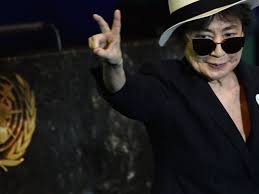
Slide title
Yoko Ono
Button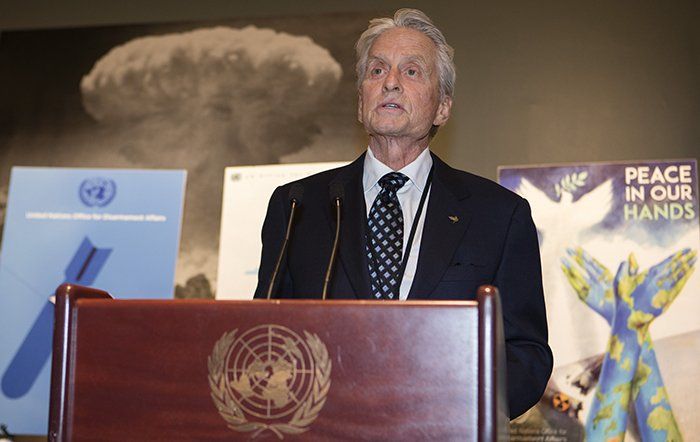
Slide title
Michael Douglas
Button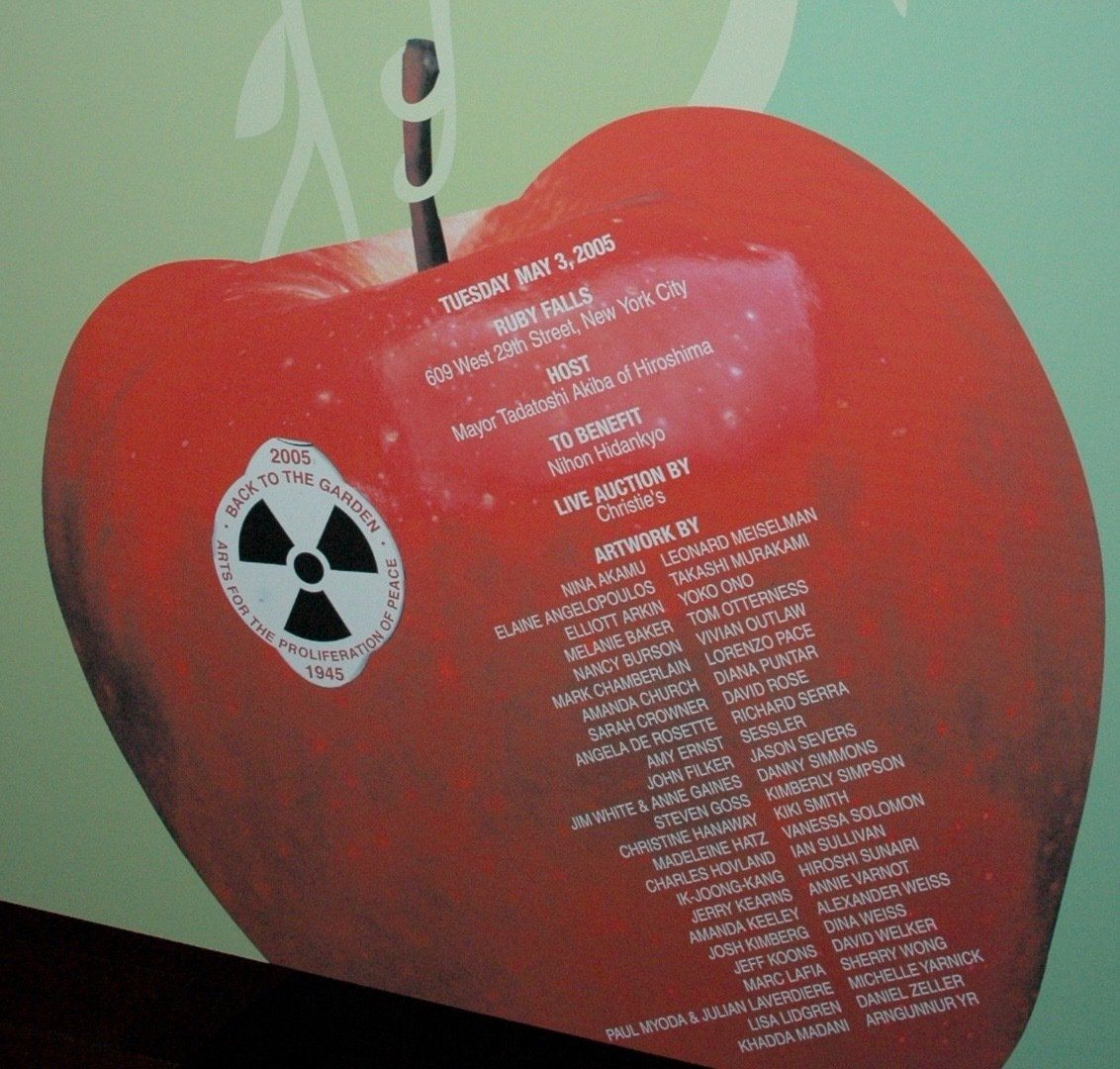
Slide title
Back to the Garden Artists
Button
THE PROJECT
As part of the Back to the Garden Initiative, Clark secured Yoko Ono to address the General Assembly of the United Nations. This was noteworthy, as Yoko and her family fled Japan following the atomic bombings in 1945. In addition, Clark secured the support of Michael Douglas, a long-time advocate for the non-proliferation of nuclear weapons, along with Joni Mitchell who lent her lyric “Back to the Garden” from her iconic “Woodstock” song to the campaign.
The day before Yoko Ono’s “Back to the Garden” address to the General Assembly, Christie’s Auction House held a benefit art auction of the same name, which was hosted by Mayor Akiba and David Clark. The event featured over 50 visual artists, including Yoko Ono, Joni Mitchell, Jeff Koons, Tom Otterness, Kiki Smith, Richard Serra, Julian LaVerdiere and Takashi Murakami.
All proceeds of the Christie’s art auction benefited Nihon Hidankyo, the largest organization of Atomic bomb survivors and a nominee for the 2005 Nobel Peace Prize. The organization based in Japan, represented the 300,000 living survivors of the atomic bombings in Hiroshima and Nagasaki.

Slide title
Yoko Ono
Button
Slide title
Michael Douglas
Button
Slide title
Back to the Garden Artists
Button

Slide title
Yoko Ono
Button
Slide title
Michael Douglas
Button
Slide title
Back to the Garden Artists
Button
THE PROJECT
As part of the Back to the Garden Initiative, Clark secured Yoko Ono to address the General Assembly of the United Nations. This was noteworthy, as Yoko and her family fled Japan following the atomic bombings in 1945. In addition, Clark secured the support of Michael Douglas, a long-time advocate for the non-proliferation of nuclear weapons, along with Joni Mitchell who lent her lyric “Back to the Garden” from her iconic “Woodstock” song to the campaign.
The day before Yoko Ono’s “Back to the Garden” address to the General Assembly, Christie’s Auction House held a benefit art auction of the same name, which was hosted by Mayor Akiba and David Clark. The event featured over 50 visual artists, including Yoko Ono, Joni Mitchell, Jeff Koons, Tom Otterness, Kiki Smith, Richard Serra, Julian LaVerdiere and Takashi Murakami.
All proceeds of the Christie’s art auction benefited Nihon Hidankyo, the largest organization of Atomic bomb survivors and a nominee for the 2005 Nobel Peace Prize. The organization based in Japan, represented the 300,000 living survivors of the atomic bombings in Hiroshima and Nagasaki.
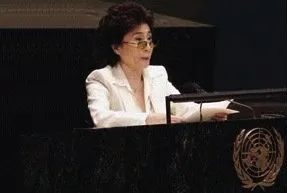
Slide title
Write your caption hereButton

Slide title
Write your caption hereButton

Slide title
Write your caption hereButton
THE ORIGIN
In 2005, Hiroshima Mayor Tadatoshi Akiba met with David Clark to ask him to create a high profile initiative to commemorate the 60th Anniversary of the atomic bombing of his city and promote disarmament during the Non-Proliferation Treaty Review Conference being held at the United Nations that year. Honored by the request, Clark set out to create a campaign that would advocate for the non-proliferation of nuclear weapons. Understanding that the issue would be challenging to promote, Clark sought to humanize the issue further by including the “Hibakusha,” the living witness survivors of the atomic bombings.
In searching for a campaign name, Clark was struck by the chorus “Back to the Garden” which is featured in Joni Mitchell’s iconic song “Woodstock.” The concept of going back to a time before nuclear weapons existed, intrigued Clark. In an effort to secure the lyric for the campaign, Clark reached out to Joni Mitchell, who responded immediately that not only could he use the lyric for the campaign, but she would also create a painting for the Christie’s “Back to the Garden” art-auction.
Following the meeting with Mayor Akiba, Clark learned that in addition to the Mayors of Hiroshima and Nagasaki, there were only a few coveted speaking slots to address the UN General Assembly during the Nuclear Non-proliferation Treaty Review Conference. Understanding that long-time peace advocate Yoko Ono and her family fled Japan following the atomic bombings, Clark approached her with the opportunity to address the UN General Assembly for the first time, on behalf of the Mayors, and the living witness survivors of the atomic bombings. Yoko graciously agreed.
“I am delighted to have David Clark’s expertise in creating and producing the “Back to the Garden” art exhibition with Christie’s Auction House the day before the Non-Proliferation Treaty Review Conference at the United Nation, and for securing Yoko Ono to speak in the General Assembly on our behalf.”
– Hiroshima Mayor Tadatoshi Akiba
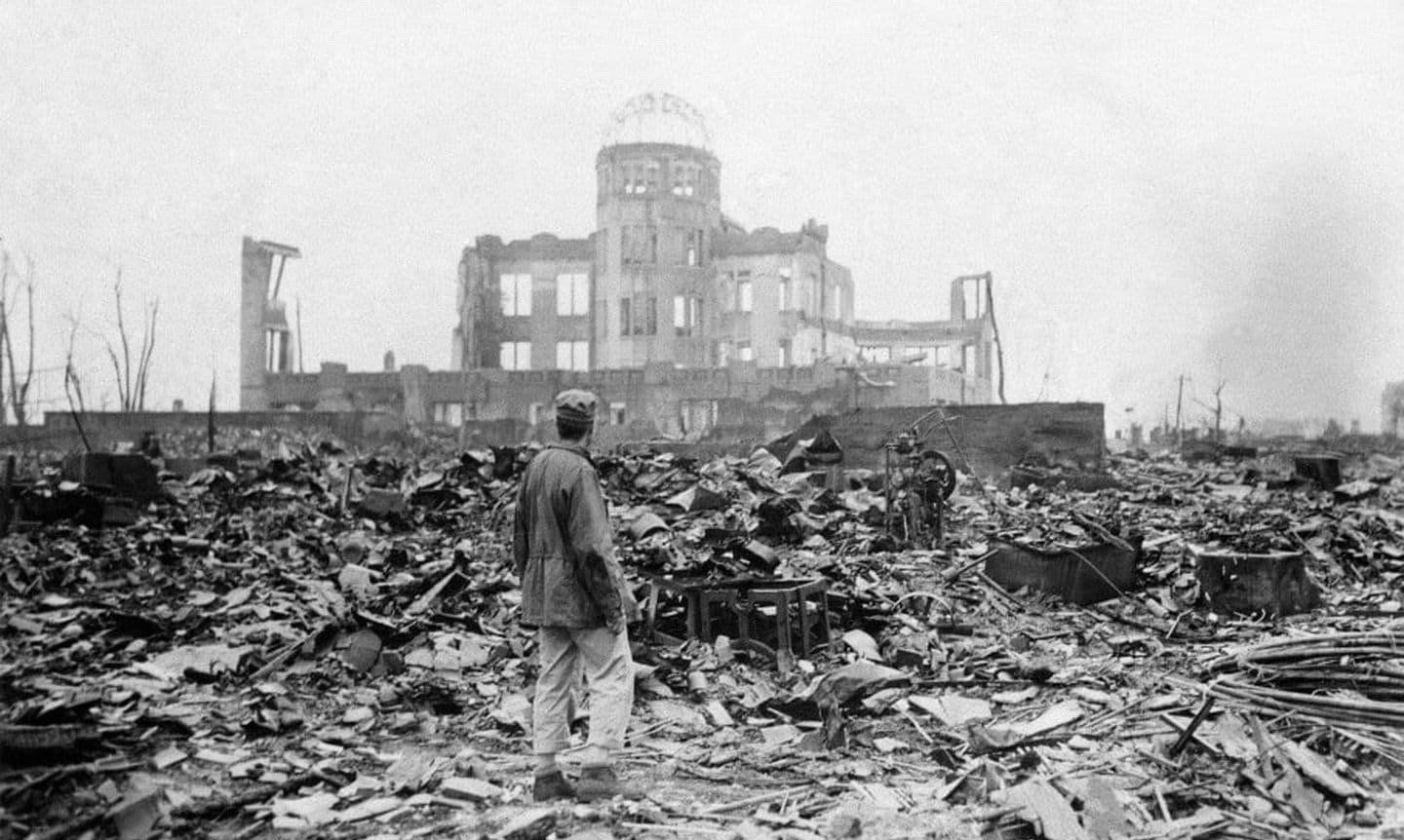
Slide title
© Shannon Stapleton
Button
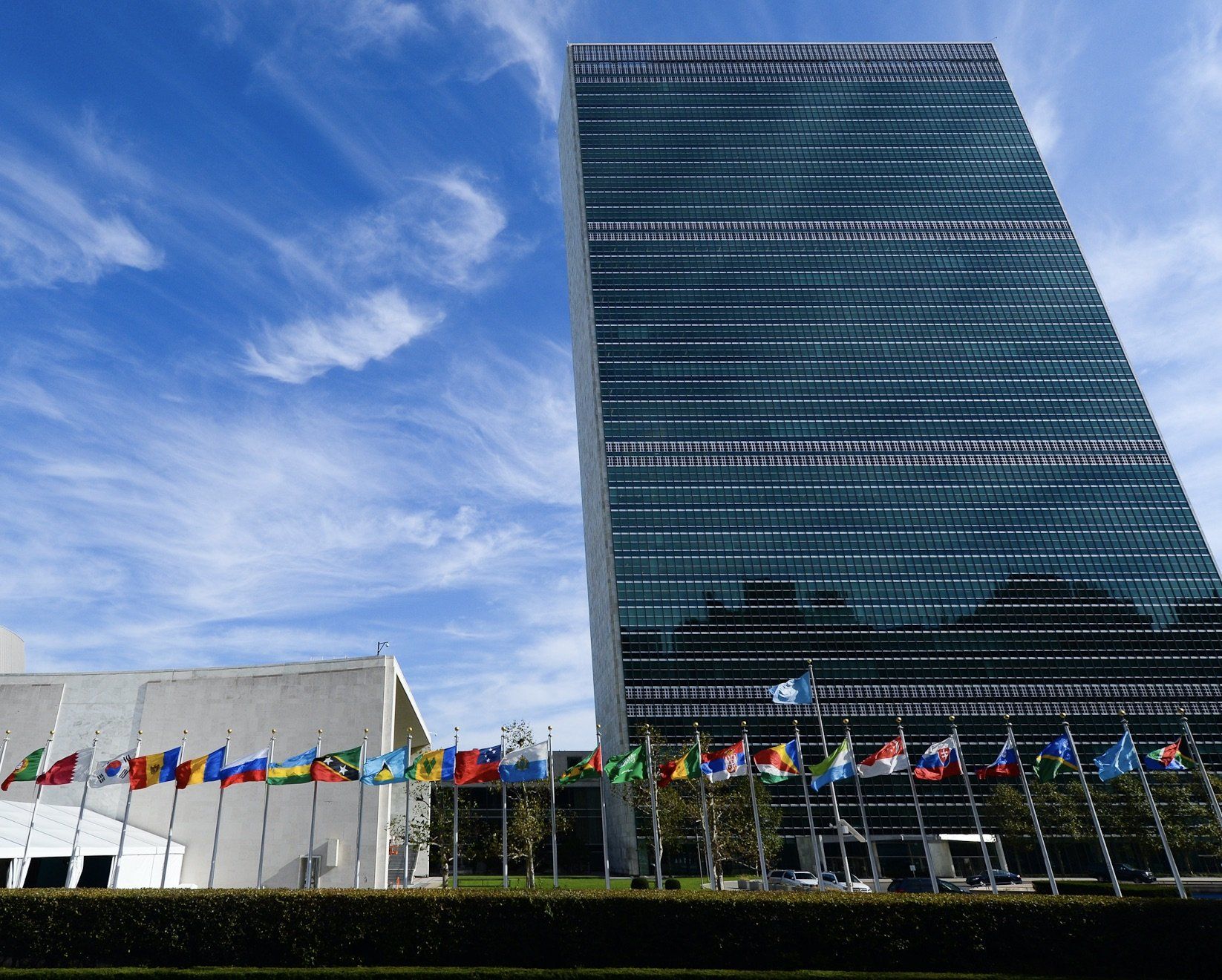
Slide title
© Shannon Stapleton
Button
THE ORIGIN
In 2005, Hiroshima Mayor Tadatoshi Akiba met with David Clark to ask him to create a high profile initiative to commemorate the 60th Anniversary of the atomic bombing of his city and promote disarmament during the Non-Proliferation Treaty Review Conference being held at the United Nations that year. Honored by the request, Clark set out to create a campaign that would advocate for the non-proliferation of nuclear weapons. Understanding that the issue would be challenging to promote, Clark sought to humanize the issue further by including the “Hibakusha,” the living witness survivors of the atomic bombings.
In searching for a campaign name, Clark was struck by the chorus “Back to the Garden” which is featured in Joni Mitchell’s iconic song “Woodstock.” The concept of going back to a time before nuclear weapons existed, intrigued Clark. In an effort to secure the lyric for the campaign, Clark reached out to Joni Mitchell, who responded immediately that not only could he use the lyric for the campaign, but she would also create a painting for the Christie’s “Back to the Garden” art-auction.
Following the meeting with Mayor Akiba, Clark learned that in addition to the Mayors of Hiroshima and Nagasaki, there were only a few coveted speaking slots to address the UN General Assembly during the Nuclear Non-proliferation Treaty Review Conference. Understanding that long-time peace advocate Yoko Ono and her family fled Japan following the atomic bombings, Clark approached her with the opportunity to address the UN General Assembly for the first time, on behalf of the Mayors, and the living witness survivors of the atomic bombings. Yoko graciously agreed.
“I am delighted to have David Clark’s expertise in creating and producing the “Back to the Garden” art exhibition with Christie’s Auction House the day before the Non-Proliferation Treaty Review Conference at the United Nation, and for securing Yoko Ono to speak in the General Assembly on our behalf.”
– Hiroshima Mayor Tadatoshi Akiba

Slide title
© Shannon Stapleton
Button

Slide title
© Shannon Stapleton
Button

Slide title
© Shannon Stapleton
Button

Slide title
© Shannon Stapleton
Button
THE ORIGIN
In 2005, Hiroshima Mayor Tadatoshi Akiba met with David Clark to ask him to create a high profile initiative to commemorate the 60th Anniversary of the atomic bombing of his city and promote disarmament during the Non-Proliferation Treaty Review Conference being held at the United Nations that year. Honored by the request, Clark set out to create a campaign that would advocate for the non-proliferation of nuclear weapons. Understanding that the issue would be challenging to promote, Clark sought to humanize the issue further by including the “Hibakusha,” the living witness survivors of the atomic bombings.
In searching for a campaign name, Clark was struck by the chorus “Back to the Garden” which is featured in Joni Mitchell’s iconic song “Woodstock.” The concept of going back to a time before nuclear weapons existed, intrigued Clark. In an effort to secure the lyric for the campaign, Clark reached out to Joni Mitchell, who responded immediately that not only could he use the lyric for the campaign, but she would also create a painting for the Christie’s “Back to the Garden” art-auction.
Following the meeting with Mayor Akiba, Clark learned that in addition to the Mayors of Hiroshima and Nagasaki, there were only a few coveted speaking slots to address the UN General Assembly during the Nuclear Non-proliferation Treaty Review Conference. Understanding that long-time peace advocate Yoko Ono and her family fled Japan following the atomic bombings, Clark approached her with the opportunity to address the UN General Assembly for the first time, on behalf of the Mayors, and the living witness survivors of the atomic bombings. Yoko graciously agreed.
“I am delighted to have David Clark’s expertise in creating and producing the “Back to the Garden” art exhibition with Christie’s Auction House the day before the Non-Proliferation Treaty Review Conference at the United Nation, and for securing Yoko Ono to speak in the General Assembly on our behalf.”
– Hiroshima Mayor Tadatoshi Akiba
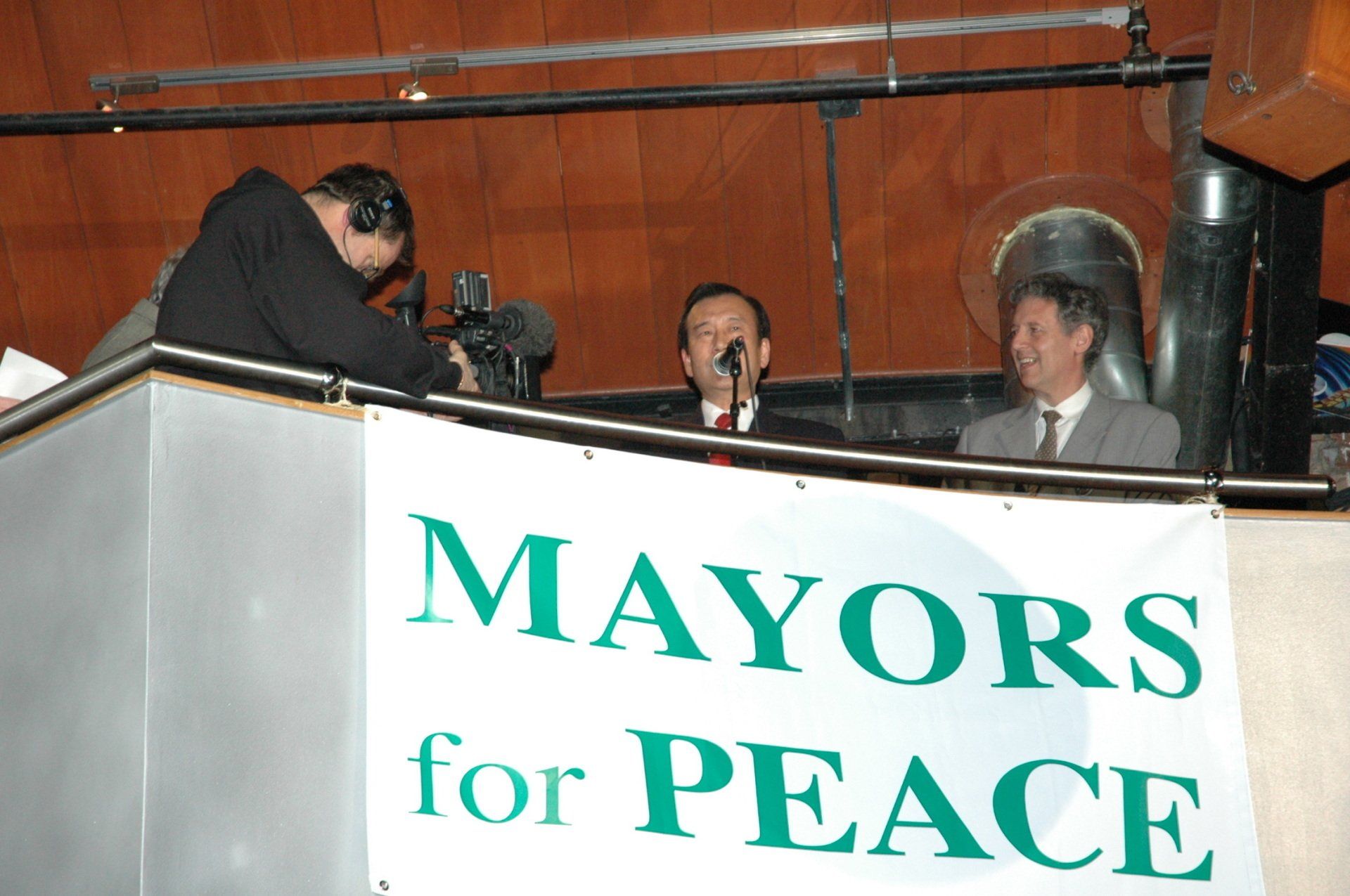
Slide title
Mayor Akiba addresses the crowd
Button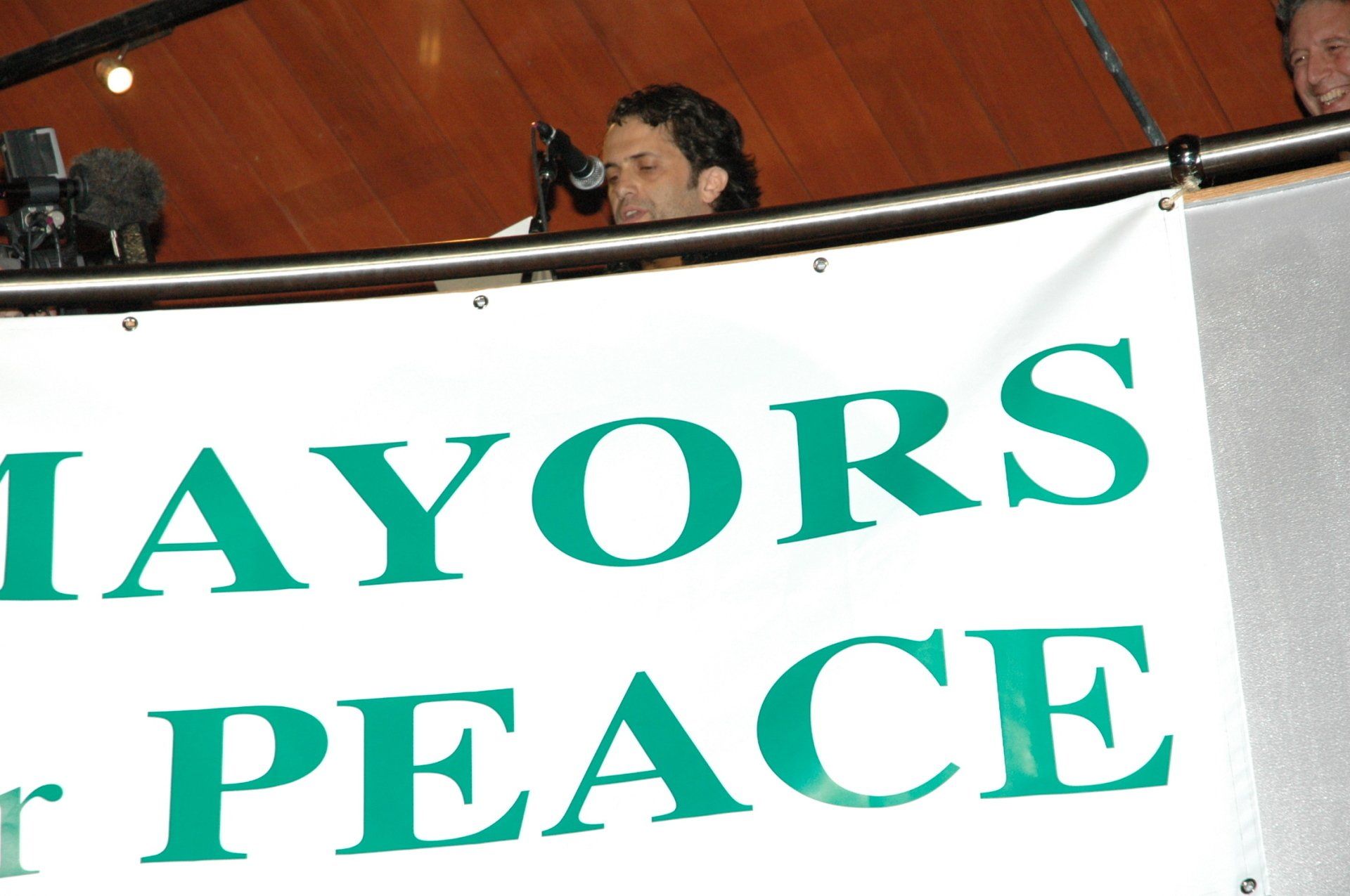
Slide title
David Clark addresses the crowd
Button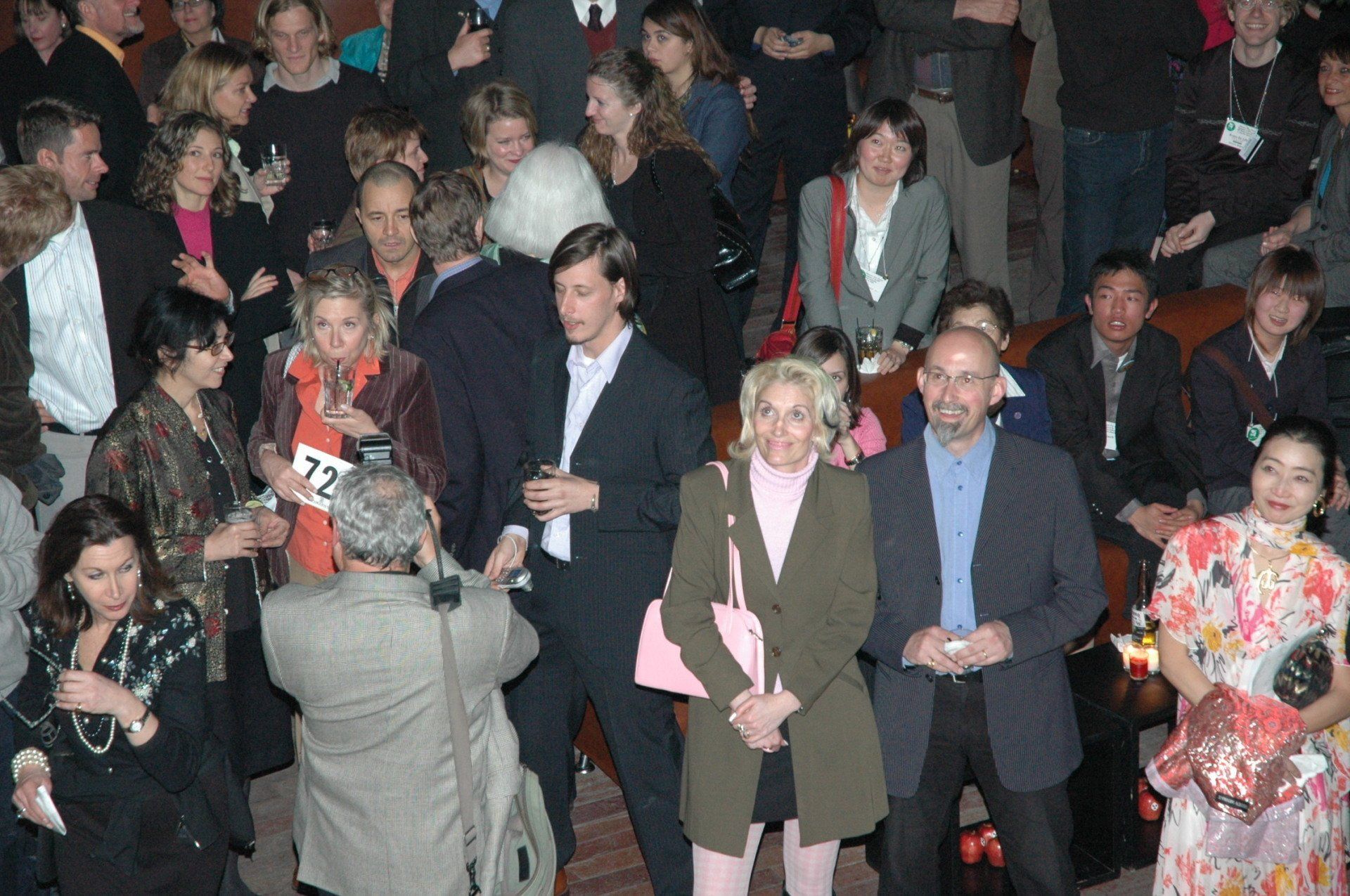
Slide title
Christie’s Art auction takes place
Button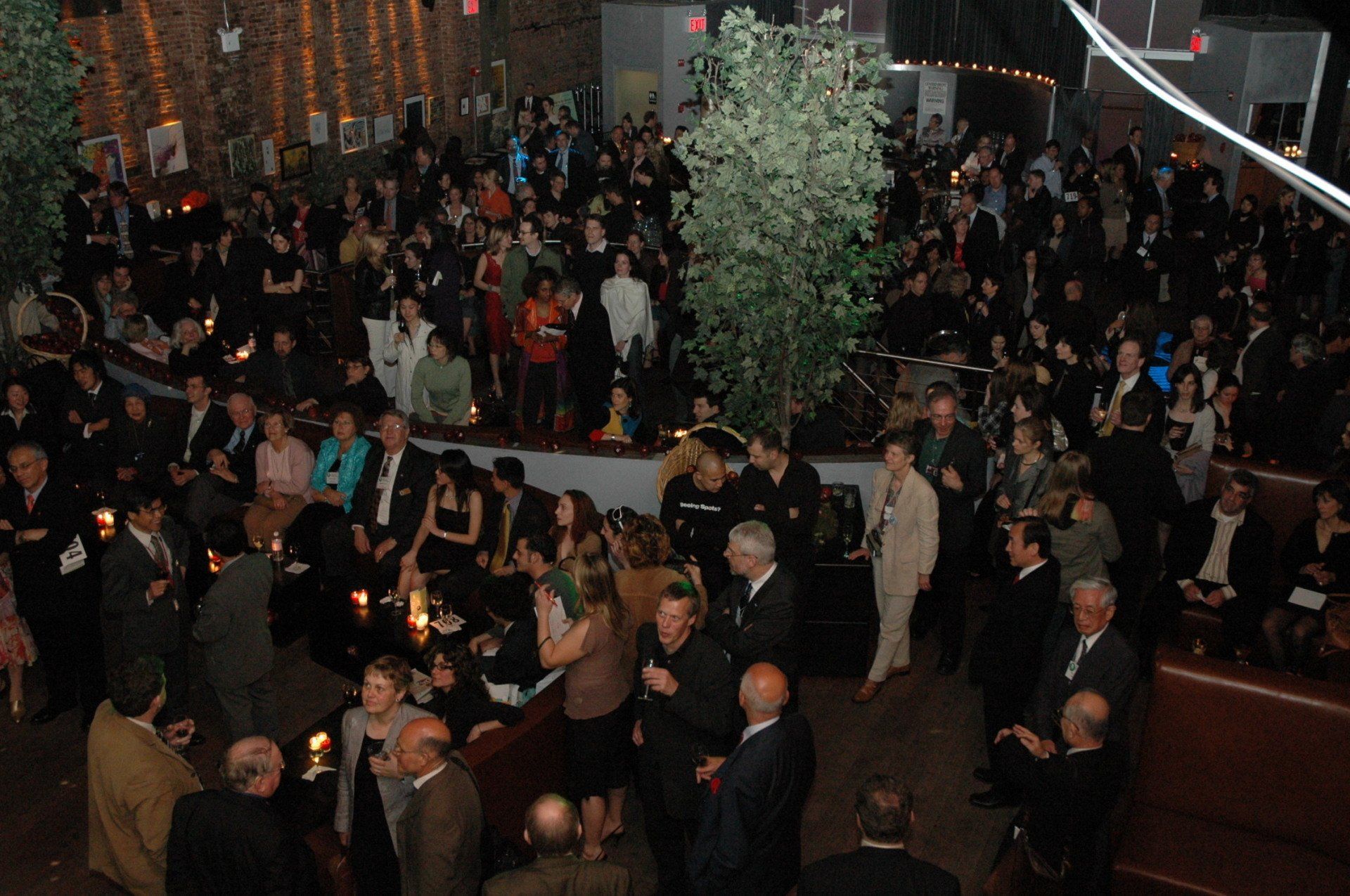
Slide title
Christie’s Art auction takes place
Button
MAYORS FOR PEACE
The Mayors for Peace, which is represented by over 7,800 Mayors from 163 countries, builds solidarity and facilitates coordination among the cities that support the Program to Promote the Solidarity of Cities toward the Total Abolition of Nuclear Weapons. The 2020 Vision Campaign is providing renewed inspiration to peace activists everywhere and is reaching out to involve new constituencies in this non-partisan effort.

Slide title
Mayor Akiba addresses the crowd
Button
Slide title
David Clark addresses the crowd
Button
Slide title
Christie’s Art auction takes place
Button
Slide title
Christie’s Art auction takes place
Button
MAYORS FOR PEACE
The Mayors for Peace, which is represented by over 7,800 Mayors from 163 countries, builds solidarity and facilitates coordination among the cities that support the Program to Promote the Solidarity of Cities toward the Total Abolition of Nuclear Weapons. The 2020 Vision Campaign is providing renewed inspiration to peace activists everywhere and is reaching out to involve new constituencies in this non-partisan effort.

Slide title
Mayor Akiba addresses the crowd
Button
Slide title
David Clark addresses the crowd
Button
Slide title
Christie’s Art auction takes place
Button
Slide title
Christie’s Art auction takes place
Button
MAYORS FOR PEACE
The Mayors for Peace, which is represented by over 7,800 Mayors from 163 countries, builds solidarity and facilitates coordination among the cities that support the Program to Promote the Solidarity of Cities toward the Total Abolition of Nuclear Weapons. The 2020 Vision Campaign is providing renewed inspiration to peace activists everywhere and is reaching out to involve new constituencies in this non-partisan effort.
NIHON HIDANKYO
The Nihon Hidankyo was nominated for the 2005 Nobel Peace Prize. They represent the 300,000 living witness/survivors (or Hibakusha). Its officers and members are all atomic bomb survivors. Founded in 1956, Nihon Hidankyo have helped build the worldwide nuclear abolition movement and have testified at numerous United Nations sessions on nuclear test bans, nuclear non-proliferation and disarmament.
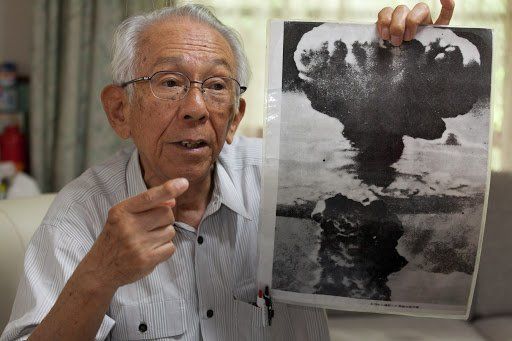
Slide title
Write your caption hereButton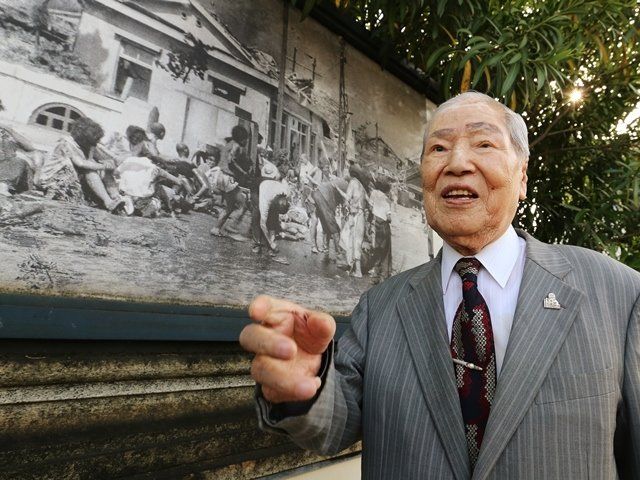
Slide title
Write your caption hereButton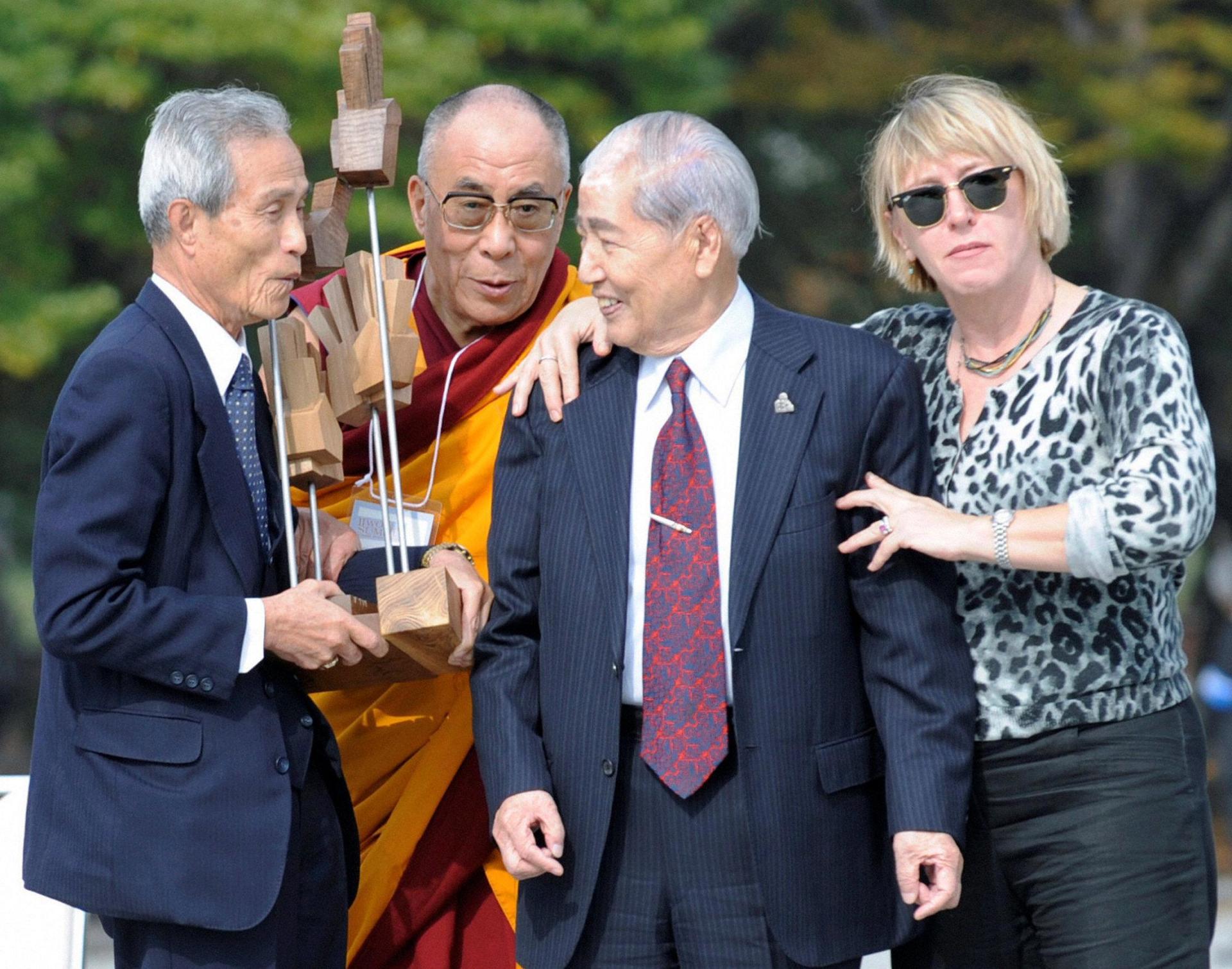
Slide title
Write your caption hereButton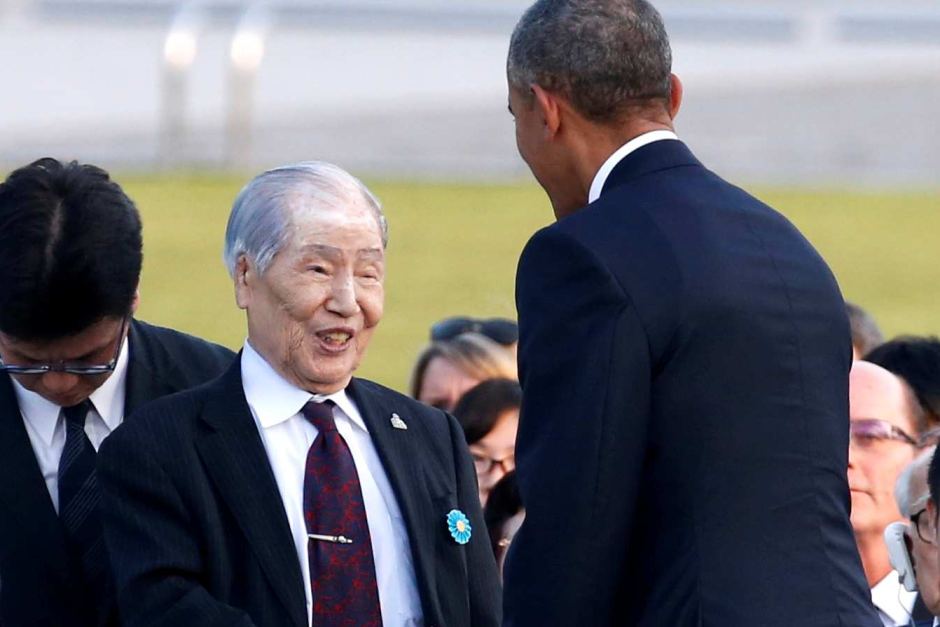
Slide title
Write your caption hereButton
NIHON HIDANKYO
The Nihon Hidankyo was nominated for the 2005 Nobel Peace Prize. They represent the 300,000 living witness/survivors (or Hibakusha). Its officers and members are all atomic bomb survivors. Founded in 1956, Nihon Hidankyo have helped build the worldwide nuclear abolition movement and have testified at numerous United Nations sessions on nuclear test bans, nuclear non-proliferation and disarmament.

Slide title
Write your caption hereButton
Slide title
Write your caption hereButton
Slide title
Write your caption hereButton
Slide title
Write your caption hereButton

Slide title
Write your caption hereButton
Slide title
Write your caption hereButton
Slide title
Write your caption hereButton
Slide title
Write your caption hereButton
NIHON HIDANKYO
The Nihon Hidankyo was nominated for the 2005 Nobel Peace Prize. They represent the 300,000 living witness/survivors (or Hibakusha). Its officers and members are all atomic bomb survivors. Founded in 1956, Nihon Hidankyo have helped build the worldwide nuclear abolition movement and have testified at numerous United Nations sessions on nuclear test bans, nuclear non-proliferation and disarmament.

© Copyright 2020 / David Clark Cause, Inc.

